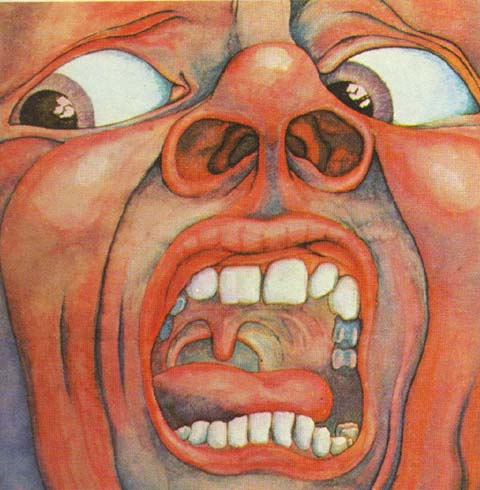According to the DSM-IV-TR "The essential feature of schizoid personality disorder (SPD) is a pervasive pattern of detachment from social relationships and a restricted range of expression of emotions in interpersonal settings." SPD overlaps with the negative symptoms of schizophrenia: flat affect, lack of motivation, and social withdrawal. SPD have also traits in common with other personality disorder such as lack of empathy with narcissistic (NPD) and antisocial personality disorder (ASPD), withdraw (self-sufficiently in the case of NPD) from others, and failure to form human and social relationships with NPD and avoidant personality disorder.
Persons with SPD are driven into hiding by fear, then experiences a deep, sequestered loneliness that provides the drive to come out of hiding and to go back into the adaptive interface with the world. They tend toward great passivity and look only to themselves as sources of validation and enhancement. However, their lack of positive affiliation and affective indifference often put them in a position to be easily taken advantage of by others, and at times they may struggle with personal feelings of social isolation and alienation. At a stylistic level, these persons may seek out and enjoy social and intimate affiliation, but typically not with a great deal of concern.
Millon & Davis speculated that the significant deficit in the schizoid disorders is the person's intrinsic incapacities to experience the joyful and pleasurable aspects of life. It does represent a fundamental incapacities to sense the moods and needs that are experienced by others. Klein suggested that there are at least two quite separate categories of patients with schizoid personality disorder: shy, socially backward, inept, obedient persons who are fearful and therefore isolated but appreciates sociability and would like to be part of the crowd: and there are the asocial, eccentric, (imperceptive and undiplomatic) persons who seek to be alone and have difficulty in relationships with the peers, frequently resulting in social ostracism and scapegoating.
In this article the link between SPD and loneliness is examined, which is relevant to the construction of adequate assessment, diagnostic and therapeutic programs.
Subscribe to:
Post Comments (Atom)


2 comments:
Otto Kernberg, M.D. suggests that splitting is the major defensive mechanism utilized by the schizoid. Individuals with SPD have difficulties in understanding themselves owing to the conflicting elements of the inner personality. Seen as one variant of the borderline personality organization, their internal worlds, in Kernberg's proposal, are populated by contradictory self-images, one set composed of idealized or frightening aspects of internalized others and another split into both shameful and exalted self-images. As a result, there is a persistant state of subjective unreality and identity diffusion, which leads to chronic feelings of emptiness.
my adorable brother that translation is awesome! Thanks for creating and sharing it.
Business Letters
Post a Comment